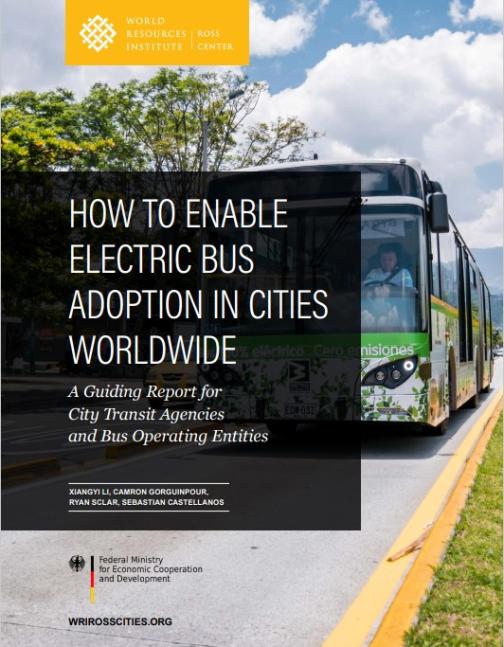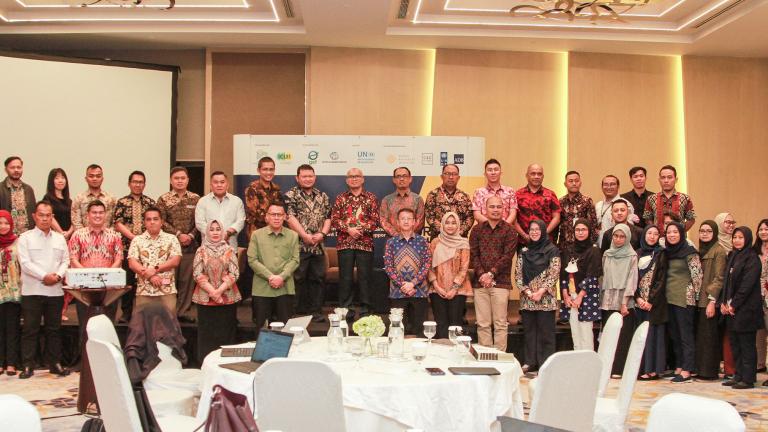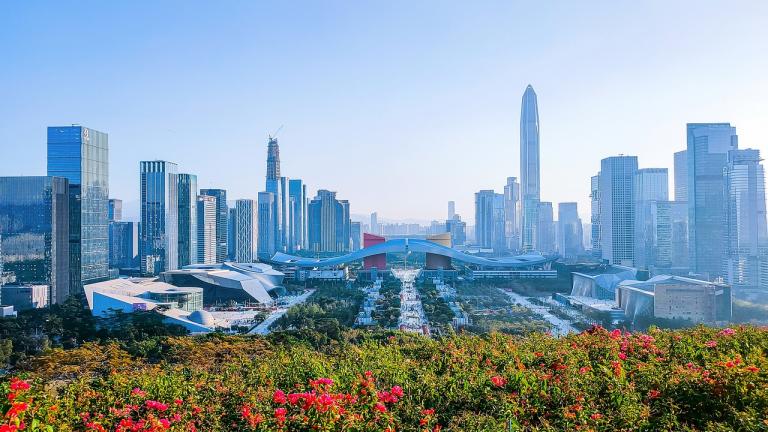Report

How to Enable Electric Bus Adoption in Cities Worldwide
This report provides step-by-step guidance to transit agencies to establish and achieve electric bus adoption targets using concrete and diverse real-world experiences.
Electric buses could pioneer a new age of clean and efficient urban transport and put cities on track toward sustainability. However, electric bus adoption is not accelerating fast enough for the world to meet transport-related global climate objectives and help limit global temperature rise to below 1.5 degrees Celsius.
The aim of this WRI report is to fill in knowledge gaps and provide actionable guidance for transit agencies and bus operating entities to help them overcome the most common and debilitating barriers to electric bus adoption. It provides step-by-step guidance to establish and achieve electric bus adoption targets using concrete and diverse real-world experiences.
Transit agencies and bus operating entities are encouraged to maximize electric bus adoption targets based on local conditions and to develop a responsible strategy for implementation. They should be actively involved in planning and analysis; be serious about piloting and testing projects; and collaborate with city policymakers and other stakeholders to accelerate a responsible adoption of electric buses.
READ MORE

Transforming Pune, one neighborhood at a time
Pune's Chief Knowledge Officer talks about some of the inspiring initiatives – from electric buses to urban farms – that the Pune Smart City Corporation is implementing to make the city smarter, greener and more resilient.

PEER-TO-PEER EXCHANGE ON CLEAN AIR ZONES
This 3-day P2P exchange will bring together Madrid, Johannesburg, Marrakech, and national government representatives from Morocco to discuss the planning, implementation, and monitoring of Clean Air Zones.

Cities: Indonesia’s Biggest Climate Problem – and Its Best Solution
This event brought together government agencies, local city representatives, and international development organizations to discuss how Indonesia can meet its ambitious NDCs and align with its 2030 SDGs.

UrbanShift Peer-to-Peer Exchange: Shenzhen Low Carbon City Forum
Targeting Asian cities, the event will discuss City-Business Cooperation in renewable energy, sustainable infrastructure, and the circular economy.
